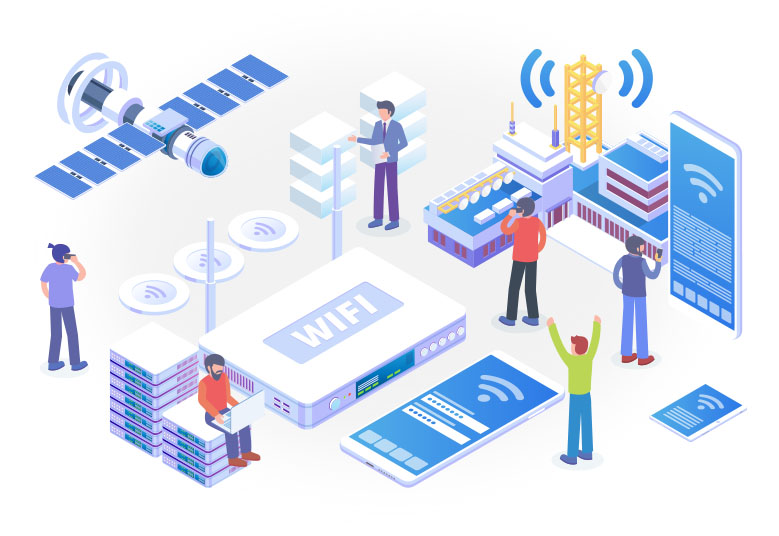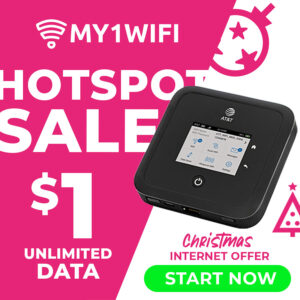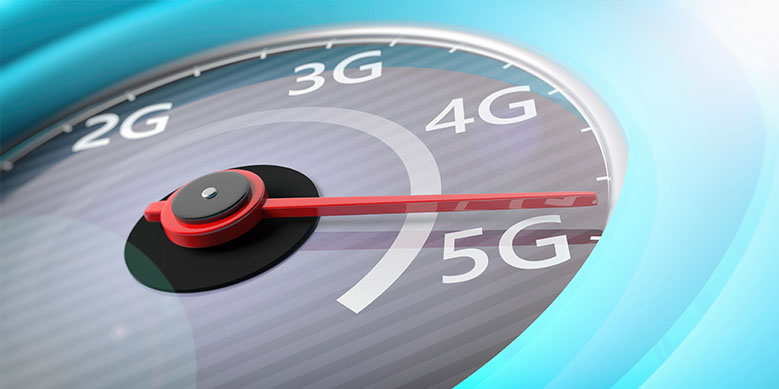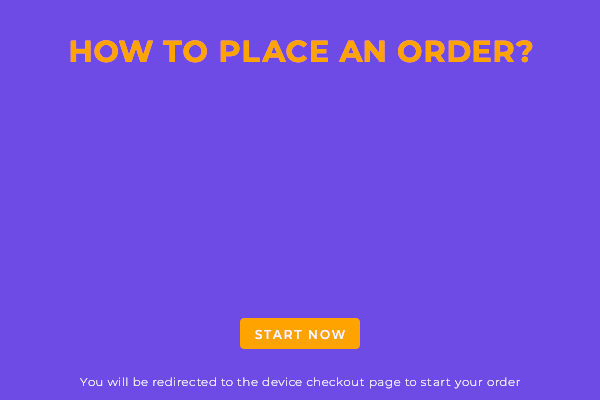The Right Internet Connection, Things You Should Know

It is important to know the type of internet connection you need to make sure you are getting the best connection for you and your family. These aspects have a significant impact on your internet service’s speed and availability. Based on how you use your internet, whether for business, work, school, or personal use, and based on how many devices or gadgets you are going to connect, you should find the perfect type of internet that is best suited for your tasks and activities.
How To Identify Your Intenet Connection Type:
If you are unsure what type of internet service you have, it is easy to find out:
- If you can see a satellite on top of your roof, you are using a satellite internet connection.
- If your internet connection uses a coaxial cable, which is the same as your cable TV, you are using a cable internet connection.
- If your modem is connected to a phone line but does not interfere with your landline or home phone, you are using a DSL internet connection.
- If it does tie up with your phone line, then you are using a dial-up internet connection.
- If you see a port on your modem that says or is labeled “ONT” and has a line connected to it, then you are using a fiber-optic internet connection.
- But if your modem is just plugged directly into an electrical outlet, you are using a mobile internet connection.
Types of Internet Connection:
Now, let’s talk about how does it influence the speed of your internet connection.
- Dial-up – This is the slowest internet connection since it does not have any broadband connection and just uses a phone line connection. This type is recommended to a light usage who casually browse the internet. The theoretical download speed range for this type of connection is between 28 Kbps and 56 Kbps.
- DSL – stands for Digital Subscriber Line. This kind of connection uses copper wires to accommodate broadband connections. It is faster than dial-up. This type of service can be symmetric “SDSL” (download and upload speeds are the same) or asymmetric “ADSL” (download speed is higher than the upload speed) which is the most common and least expensive. DSL is recommended for a moderate user who enjoys streaming and browsing. The download speed range for this type of connection is usually between 0.5 Mbps and 10 Mbps.
- Cable – Cable uses coaxial cables and is known to have a high-speed connection, but you may also experience slower speeds during peak times. This is recommended for moderate users. The most widely available plans offer download speeds between 10 Mbps to 300 Mbps.
- Satellite – this one does not rely on wires or cables. Instead, the internet is being delivered wirelessly to the receiver. Satellite connection can be slower because of long-distance information travel. This is recommended for light to moderate users, and according to customer’s feedback, it’s the least reliable type of internet service. Satellite internet offers download speeds in the 10 Mbps to 30 Mbps range.
- Fiber – it is the fastest internet connection since it uses fiber-optic cables that can quickly transmit large amounts of data or information through a dedicated connection. This kind of connection is recommended for avid or heavy users since it has the fastest speed that can download large files. Fiber can offer download speeds up to 10Gbps.
- Mobile internet connection – this type of internet connection uses broadcast towers to deliver and receive internet signals in radio waves. Depending on your contracted plan and hardware used, this is recommended for moderate to heavy users. The speed offered with mobile internet service plans ranges between 5 Mbps to 100 Mbps for 4G LTE devices and up to 3,000 Mbps (3Gbps) for 5G devices.
The best advice for someone looking to get a new internet service provider is to keep in mind that your choice should be based on your browsing habits and lifestyle. Also, in many cases, not all kinds of connections may be available in your area.




